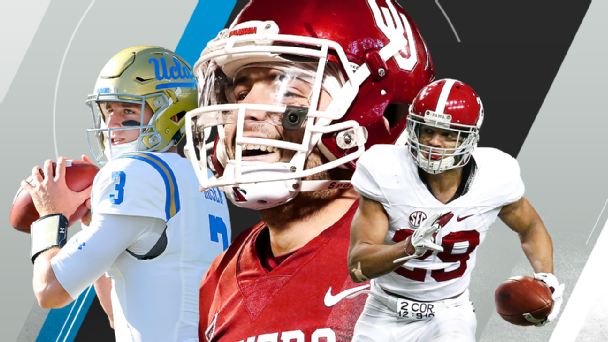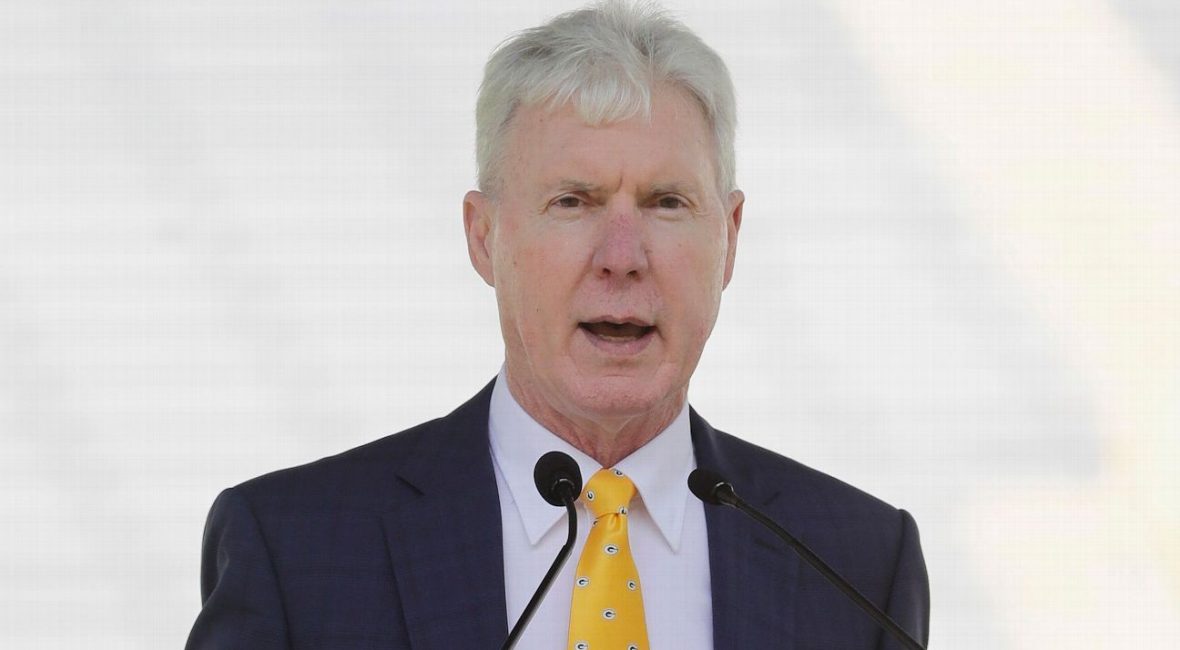PITTSBURGH — Steelers linebacker Ryan Shazier has regained feeling in his legs, according to a report by WPXI-Pittsburgh.
Shazier’s father, Vernon, declined to offer specifics on his son’s current condition but did recall the moments after he suffered the spinal injury during a Dec. 4 Monday Night Football game against the Cincinnati Bengals.
“He said, ‘Daddy, pray for me. I can’t feel my legs,’ ” an emotional Vernon Shazier said in an on-camera interview with WPXI, recounting his son’s call from the hospital.

Still left with a bitter taste from last year, RB Le’Veon Bell says he’s eager to see what a full-strength Steelers team can do in the playoffs.

Joe Haden has never experienced the postseason as a player and the feeling is even more surreal given Pittsburgh’s first-round bye.
1 Related
Shazier, a two-time Pro Bowler, underwent spinal stabilization surgery Dec. 7 at a University of Pittsburgh Medical Center hospital, where he’s also undergoing rehabilitation.
Vernon Shazier said he won’t offer specifics on Ryan’s condition “until [Ryan is] ready to share where he’s at” but did note that his son is “making progress daily.”
“He’s a long way from where he was on that Monday night when he was laying on the field,” Vernon Shazier said.
Ryan Shazier has served as an emotional touchstone for the Steelers, who have paid tribute to their teammate with customized No. 50 shirts and cleats and constant hospital visits. Shazier watched the team’s Week 15 matchup with the New England Patriots from a Heinz Field suite, causing a roar from the home crowd when he appeared on the giant video screen there.
Vernon Shazier, a pastor who recently began giving sermons again, recalled wanting to switch positions with his son when he first saw the injury.
Now, he envisions Ryan one day playing football again.
“I Shalieve,” he said.
ESPN’s Katherine Terrell contributed to this report.




















